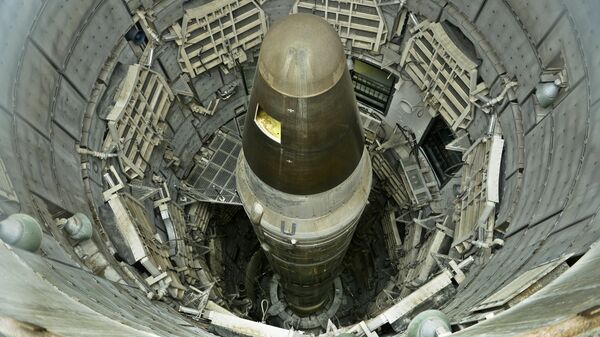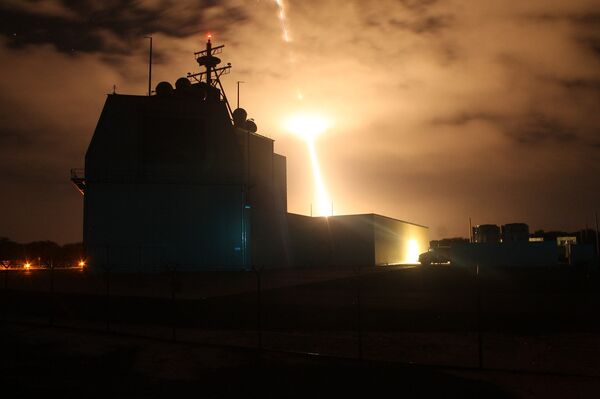Pentagon spokesperson Jonathan Hoffman has announced that the Department of Defence will begin the development of ground-launched missiles previously banned by the INF treaty.
"Now that we have withdrawn, the Department of Defence will fully pursue the development of these ground-launched conventional missiles as a prudent response to Russia's actions and as part of the Joint Force's broader portfolio of conventional strike options", he said.
Earlier, CNN reported, citing a senior anonymous defence official, that the US is planning to test a non-INF compliant missile that the Pentagon wants to use to counter Russia in Europe in the coming weeks. The Defence Department has reportedly not officially started the development programme yet, due to the INF treaty, but has been working on the new cruise missile and a mobile launcher for it for some time.
The US considered the option of developing such a missile soon after the February 2019 announcement of the plan to withdraw from the INF. It has reportedly also considered deploying it in Europe, but so far no country has agreed to host it, with NATO chief Jens Stoltenberg excluding the possibility of a nuclear deployment in the region.
Moscow strongly opposed both the US plans to withdraw from the treaty and to potentially deploy new missiles in Europe, something which was banned under the accord. President Vladimir Putin warned that if a deployment were to happen, Russia would be forced to target the missile sites in Europe. In a recent statement, the Russian Foreign Ministry suggested that the US discard these plans, promising not to deploy their own intermediate and short-range missiles in response.
Washington first raised the issue of leaving the INF Treaty in October 2018, citing alleged violations on Russia's part and the "outdated" character of the accord. The White House insisted on its plans even after Moscow presented documentation providing details about the missiles that had caused Washington's concern.
Responding to the US decision, Russia, which also had longstanding questions about Washington's compliance, withdrew from the treaty in July 2019. Moscow found the US deployment of Tomahawk-capable Aegis launchers in Europe and the use of intermediate-range target missiles and drones, which fall under the description of missiles in the INF Treaty's text, to constitute possible violations of the accord.





